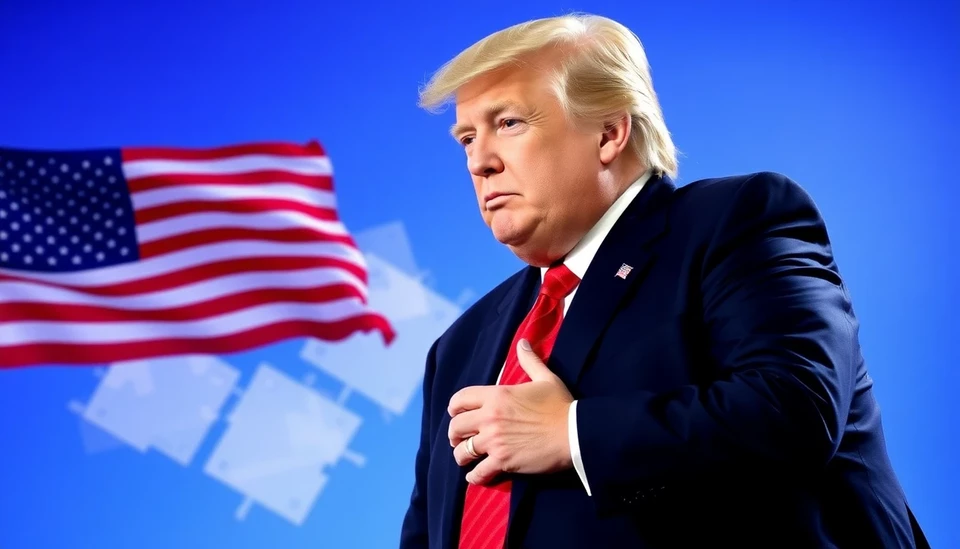
In a recent statement, former President Donald Trump indicated that he is contemplating implementing a significant 25% tariff on various imported goods, including automobiles, pharmaceuticals, and semiconductor chips. This bold move, should it materialize, could have substantial implications for the U.S. economy and international trade relations.
Trump's remarks came during a campaign rally where he emphasized the need to protect American industries and jobs. According to him, these tariffs would serve as a strategic measure to combat what he referred to as "unfair trade practices" from countries such as China and others that heavily influence the manufacturing of these products.
The proposed tariffs are poised to affect not only manufacturers but also consumers, as a rise in import costs could lead to higher prices for everyday goods. Industry experts have expressed concerns that such tariffs could trigger retaliatory measures from affected countries, thereby escalating trade tensions and further disrupting global supply chains.
Additionally, Trump underscored the importance of national security in this matter, particularly regarding pharmaceuticals and technology, asserting that reliance on foreign production for critical components and medicines poses risks to American safety and sovereignty.
The timing of these comments is noteworthy, as they come amidst a growing sentiment within some political circles advocating for increased protectionism in response to shifts in trade dynamics. The Biden administration has also been scrutinized for its own trade policies, leaving the door open for Trump to gain traction by positioning himself as a champion of American manufacturing.
While the implementation of such tariffs would require navigating complex legislative processes, Trump's announcement has ignited discussions among lawmakers about the potential economic ripple effects. Proponents of the tariffs argue they could foster domestic production and create jobs, while opponents warn of the potential for job losses in industries reliant on affordable imports.
As the political landscape continues to evolve, the former President's move to potentially leverage tariffs serves as a reminder of the pivotal role trade policy plays in shaping the nation's economic future and its relationships with global partners.
In conclusion, as Trump prepares for potential candidacy in the upcoming elections, his trade war rhetoric remains a focal point in his strategy to appeal to voters concerned about the domestic economy. The feasibility of such tariffs and the broader implications they entail remain to be seen as discussions unfold.
#Trump #Tariffs #TradePolicy #ImportTariffs #AmericanEconomy #AutoIndustry #Pharmaceuticals #Semiconductors #GlobalTrade #Economy #Politics
Author: Laura Mitchell




